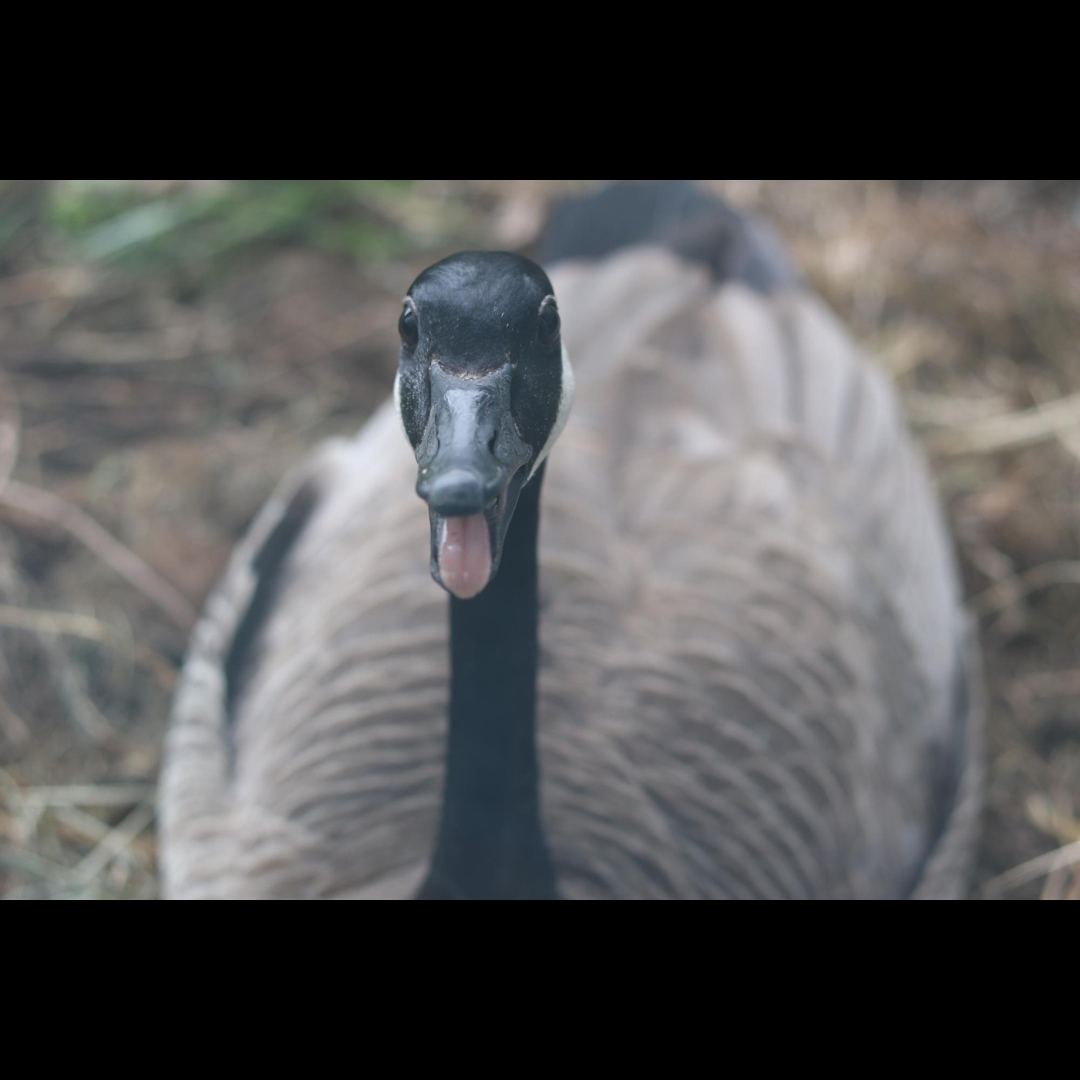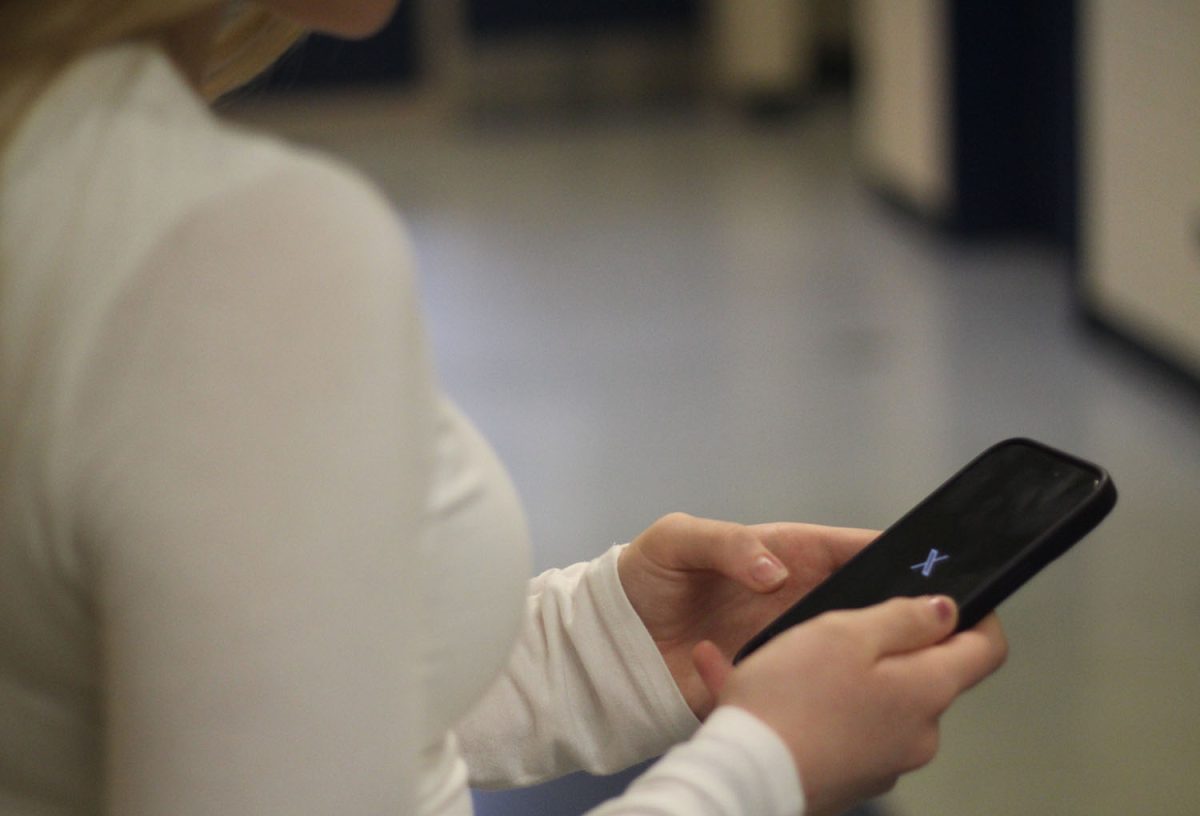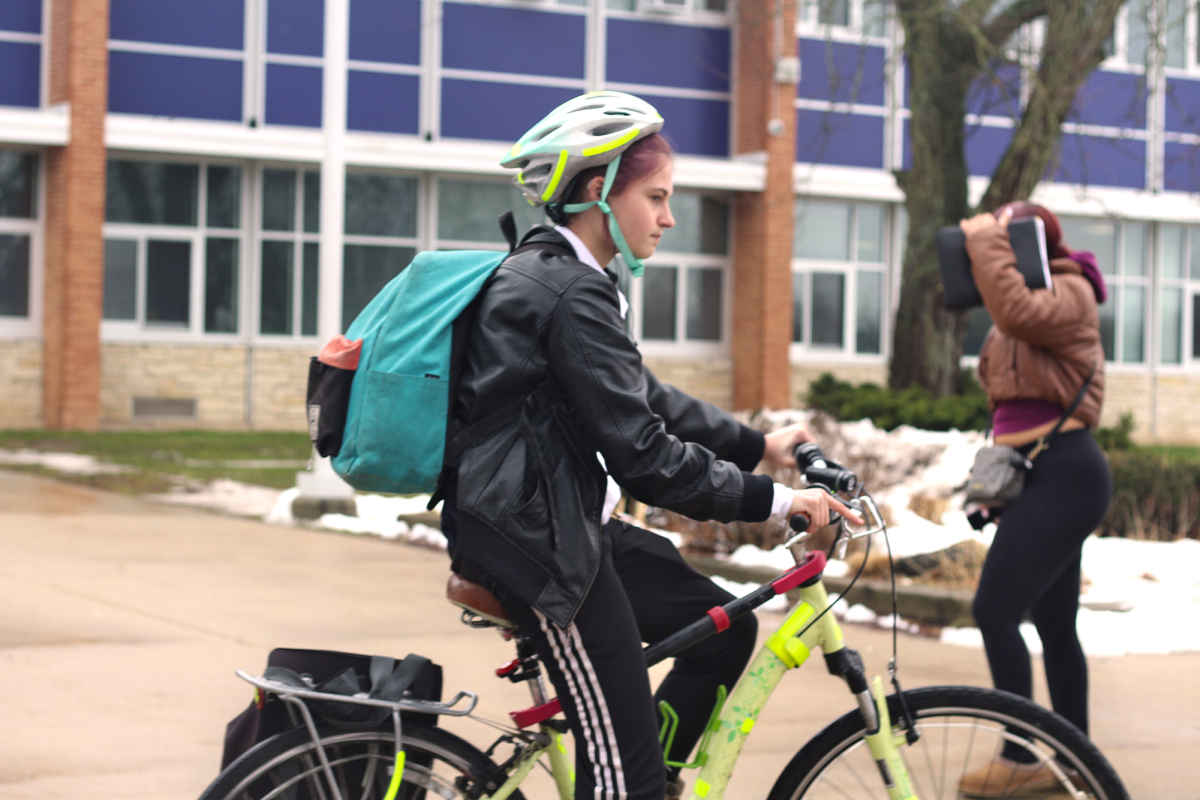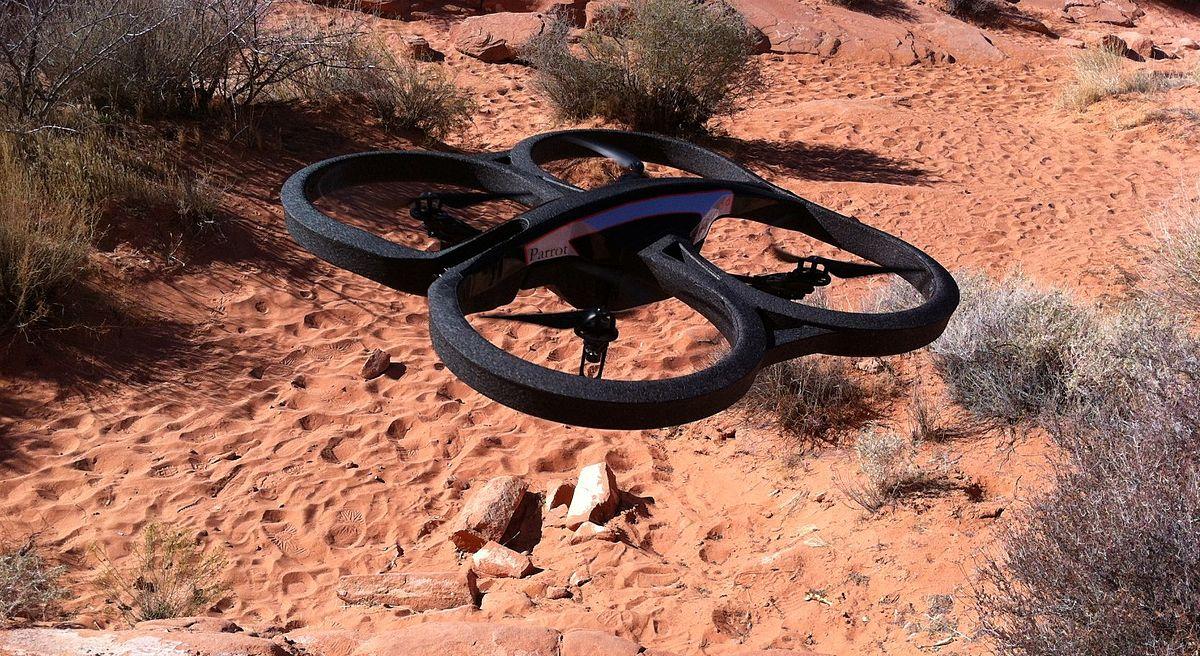
An emerging sport recently made headlines in October, and its appearance in the news marks a rise in an emerging civilian technology.
Back in October the International Drone Racing Association held its first championship, the California Cup, according to the New York Times.
Drones, however, have a history of civilian and military misuse, and with their positive appearance in the news, negative government regulation followed.
Last month, only days after the start of the event, Transportation Secretary Anthony Foxx gave a speech announcing a new unmanned aircraft registration requirement during a news conference, according to TheCitizen.
Both incidents made a major splash in the news, and their close timing represents a rise in civilian technology and the United States government’s attempts to crack down on it. While certain tiny unmanned vehicles will be allowed to remain unregistered, all other civilian drones, especially those bought or built for recreational purpose, will need to be registered.
The registration of unmanned vehicles is incredibly important, even if it does bring negative connotations. Registration helps identify hobbyists flying drones in Flight-Restricted Zones.
Back in May, a man was arrested after trying to fly and crashing a drone near the White House, according Daily News.
This was the third incident where a drone crashed on the White House lawn, and every time the White House was forced to lock down for hours on end. While each case led to the successful identification and sometimes arrest of the flyer, not all incidents do.
A few days ago, a drone crashed into the Seattle Great Wheel, and the owner has yet to be identified, according to Komo News.
If the drone had been licensed, the owner would have been identified soon after the incident, but because the drone was unlicensed it’s possible that the owner will never be identified.
The concerns raised about privacy and misuse are much more likely to cause a great amount of tension between lawmakers and hobbyists. Drones are flying cameras, and although a neighbor might not be able to fly it on your property, what if the camera is aimed at your house?
Ethan Meyers is a senior and a relatively well-informed student, and when I asked him what he thought about civilian drones, the first two words that came out of his mouth were, “Peeping Tom.”
“You could track your daughter on a date maybe. It’s a little worrying though. Stalkers and peeping toms could use them,” said Ethan.
Their case parallels the issues raised about Google Glasses, Google’s wearable cameras and microphones. The concerns revolved around how stalkers could use them to record unsuspecting civilians. The similar priced product has been met with rejection from the general public.
“Now you could stalk your ex in the air and from the ground,” said Meyers.
The fact is, drone regulation is needed, even if it helps to promote an image of privacy invasion with civilian drone hobbyists or prevents or discourages interested civilians from becoming amateur drone flyers. However, there is uncertainty as to how far this regulation will travel and whether it will aid civilian drone users or muffle them.
The biggest issue is what drones stand for. Military drones have also raised concerns about privacy and misuse, but on a much larger scale. Out of the hundreds of examples of drones killing innocent civilians, one incident in 2012 had three Americans killed in Yemen outside of the bounds of the Constitution, according to NPR.
These deaths give the word “drone” a bad connotation, and that’s something that will strengthen regulation to alienate people interested in engaging the technology as a hobby. The military is a government body, and while its use of drones has been declared unconstitutional there is not enough opposition to force the government to ask the military to discontinue the drone program. The strikes do take out hostile targets, even if civilian casualties occur. However, civilian drones, in general, raise privacy concerns, not concerns of causing harm.
A similar trend existed with aviation during World War 1. Both commercial and private civilian aviation were both feared by the public, where flying was associated with the bombing runs and dogfights happening during the war, according to Avjobs.
However, this fear has been fueled with recent events. Back in 2014 video surfaced of a drone with a handgun attached to it, firing bullets into the woods, as seen on CNN.
This extreme incident might be incredibly rare, but it’s an issue for drone enthusiasts. The ability to attach weapons to drones rings of government misuse and strikes fear into uninformed civilians. What if someone uses a drone to shoot at civilians and fly away before the drone’s owner can be identified?
“They would have to be pretty smart to do it, but they’d need help. Like, it’s messed up, why would someone do that if they wanted to shoot people?” said Meyers.
The issue is that drones are a new branch of technology. Our fears for misuse exist because we fear how the worst members of society could misuse them. Our society engages in gun violence and has a history of invading privacy with technology such as cameras and Google Glasses.
Drones need logical regulation, however, that gives flyers freedom and promotes ease of access for new hobbyists if it wants to continue as an emerging hobby. Drone flyers shouldn’t feel restricted from flying through public streets because of privacy concerns from civilians on public land, but there should be clear laws about flying around private property. Attaching weapons to drones is something viewed as unanimously disturbing by civilians, but other modifications shouldn’t be restricted by lawmakers.
When Ethan Meyers saw the video of the drone with a gun in 2014, his response didn’t focus on the issue of drones, but rather the issue of guns in society.
“It’s off topic, but that’s more Second Amendment rights. Like, we need better control and background checks. That’s more about stopping those with, like, second violations,” said Meyers.
Drones need smart regulation that allows them to continue as an emerging civilian technology, and there needs to be a clear channel of communication between lawmakers and hobbyists.
Subscribe to the Newsletter

Venelope Ortiz, Tower Talk Editor • April 19, 2024
The quiet corners of a teenager's room, where laughter once echoed freely, is now replaced by silent struggles that won't go away. A fight not...
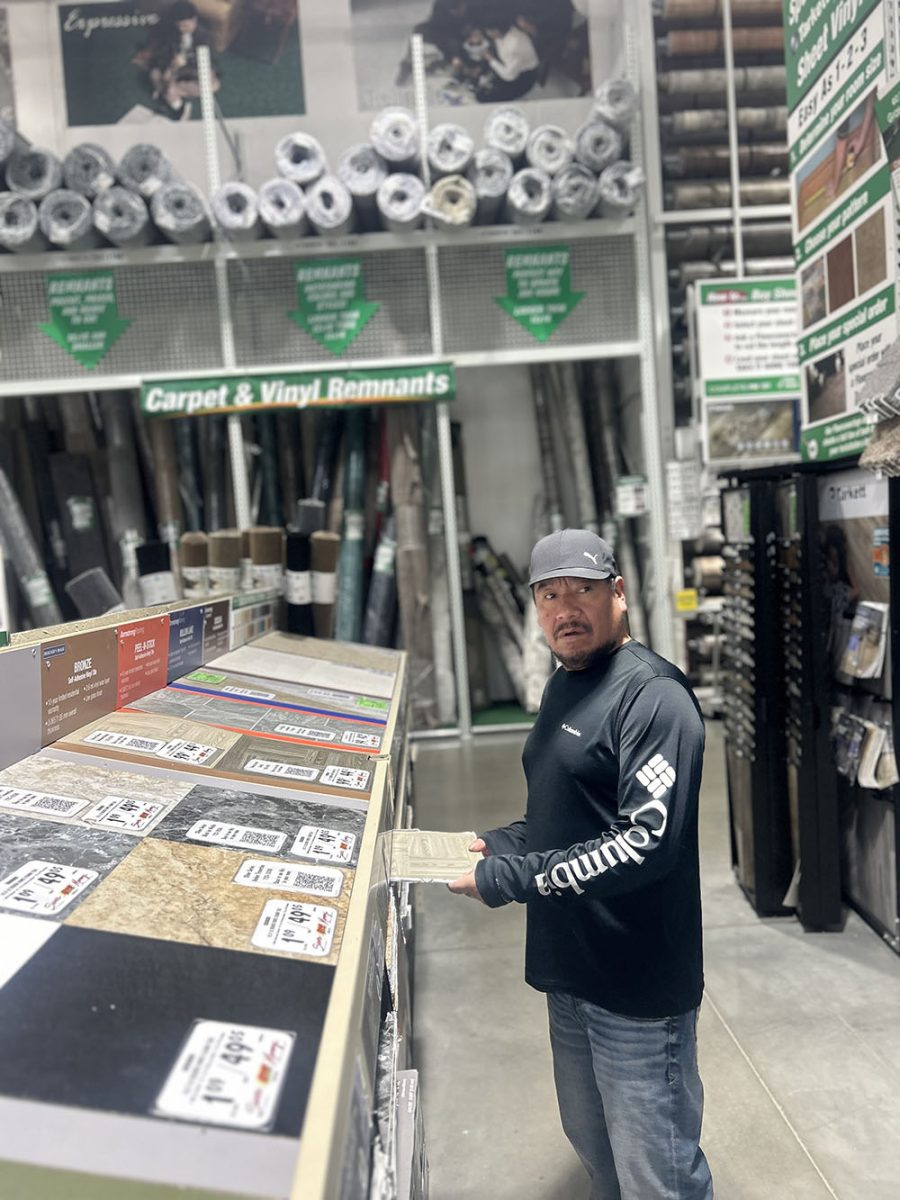
Lizzy Garcia, Guest Writer • April 19, 2024
In life, a handful of people are faced with making the decision of moving. Whether it be moving for job or education opportunities, a move like...

Finn Bankston, Staff Writer • April 18, 2024
The Rise of the Drones: A Civilian Technology Needs Logical Regulation
November 20, 2015
Leave a Comment
More to Discover


